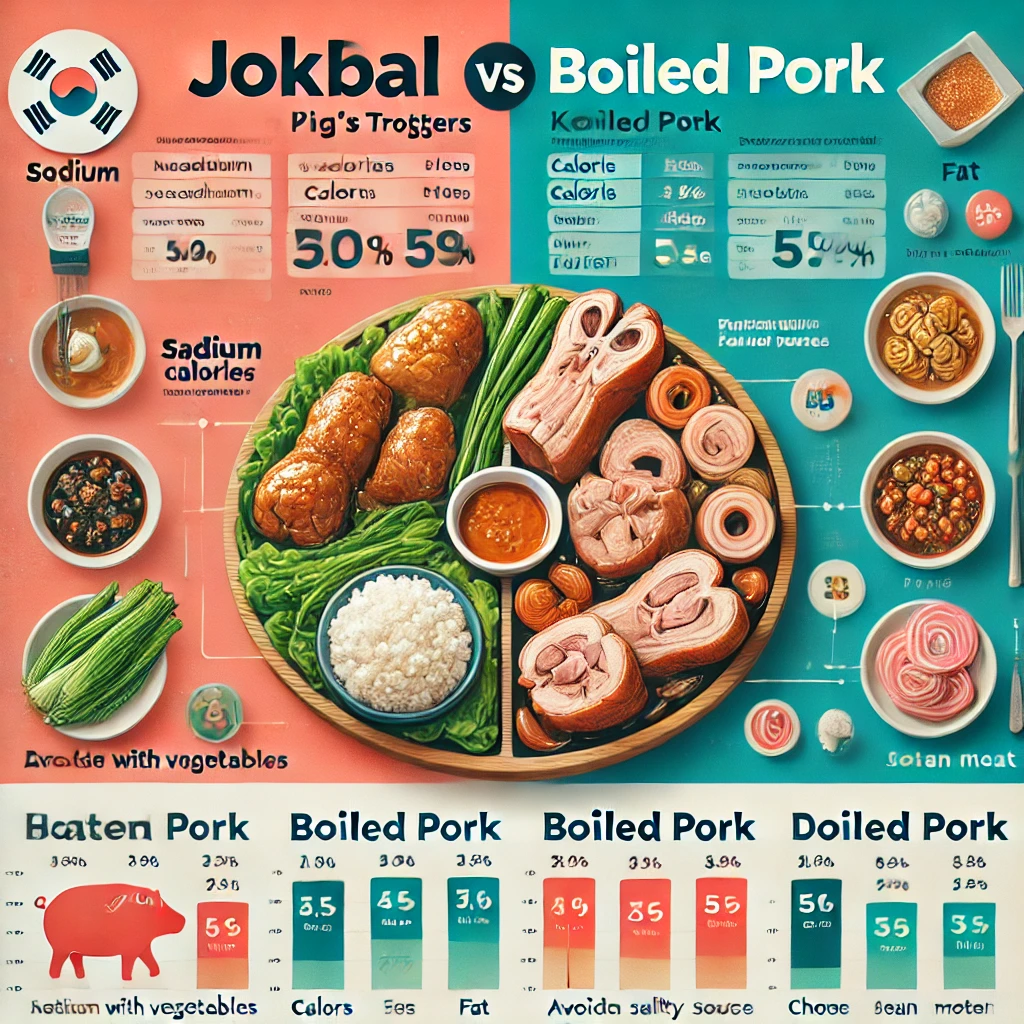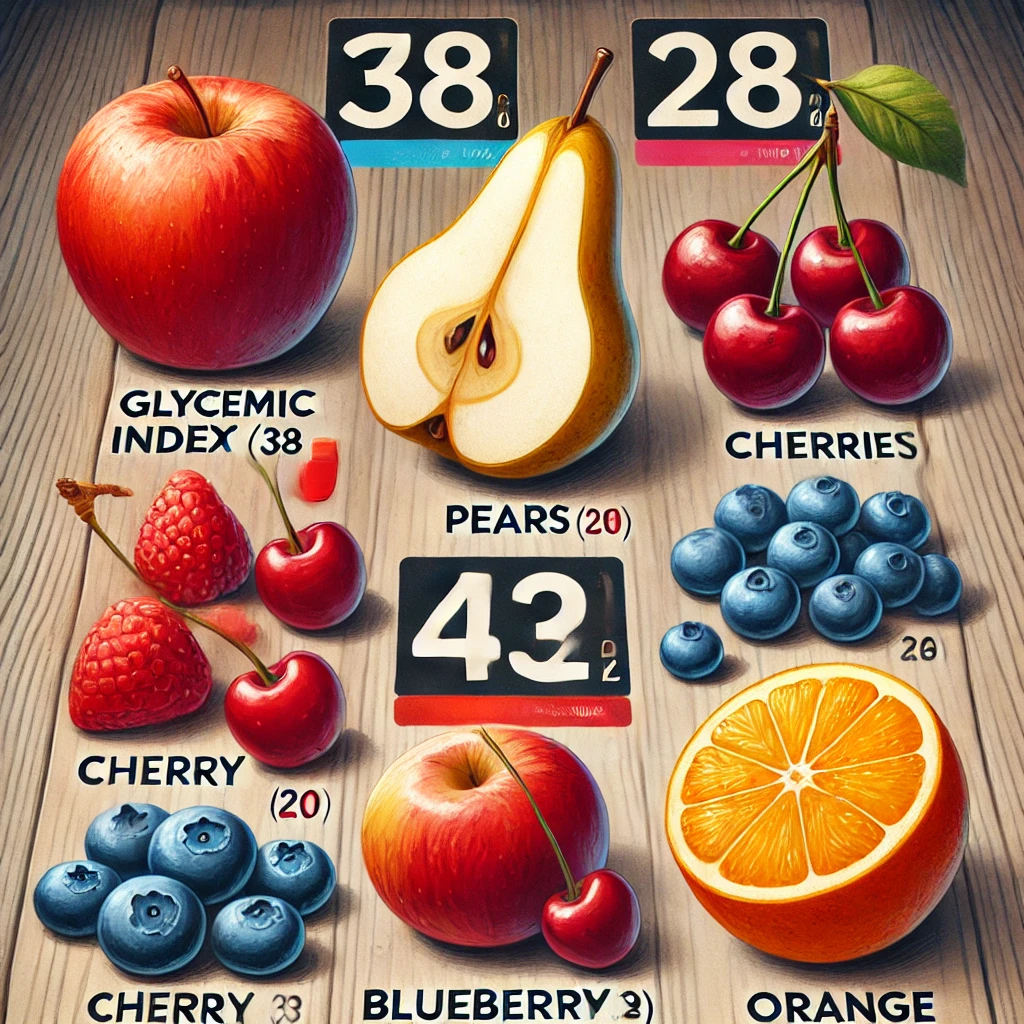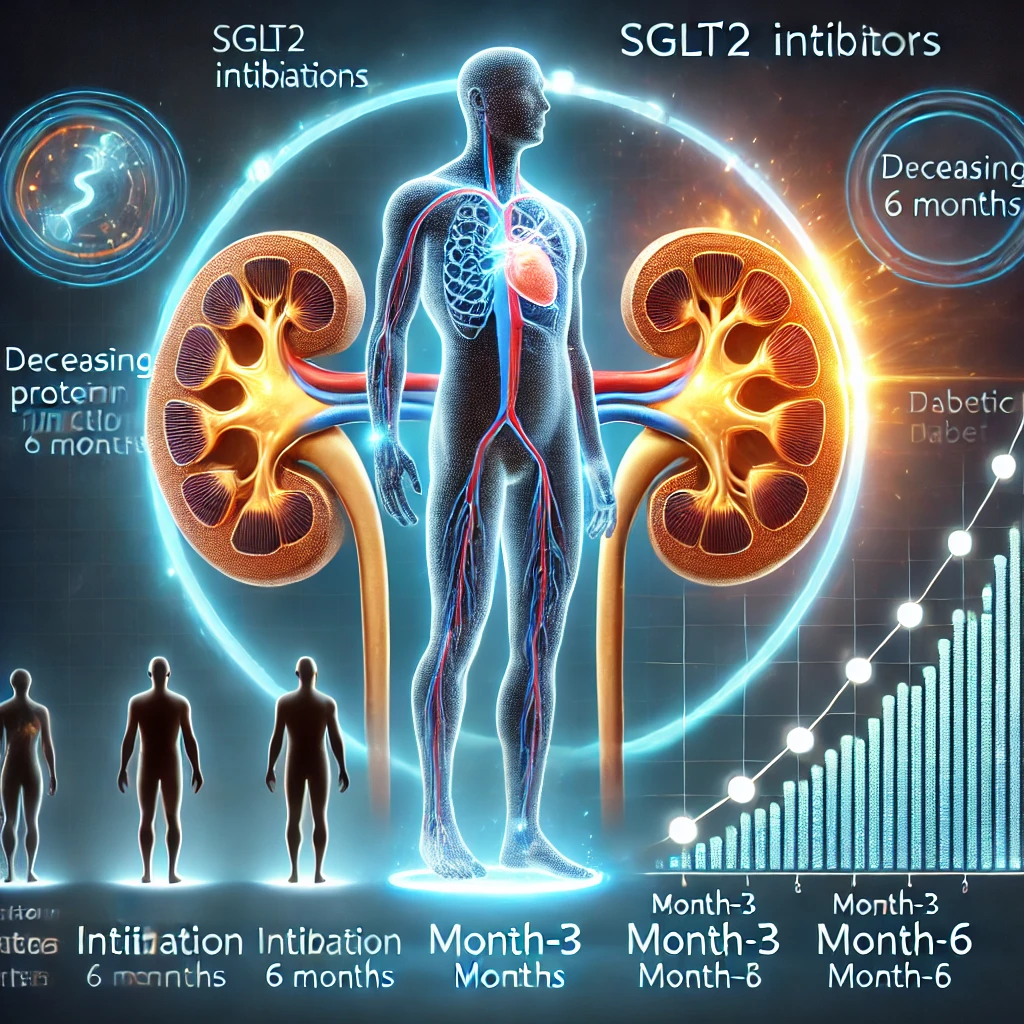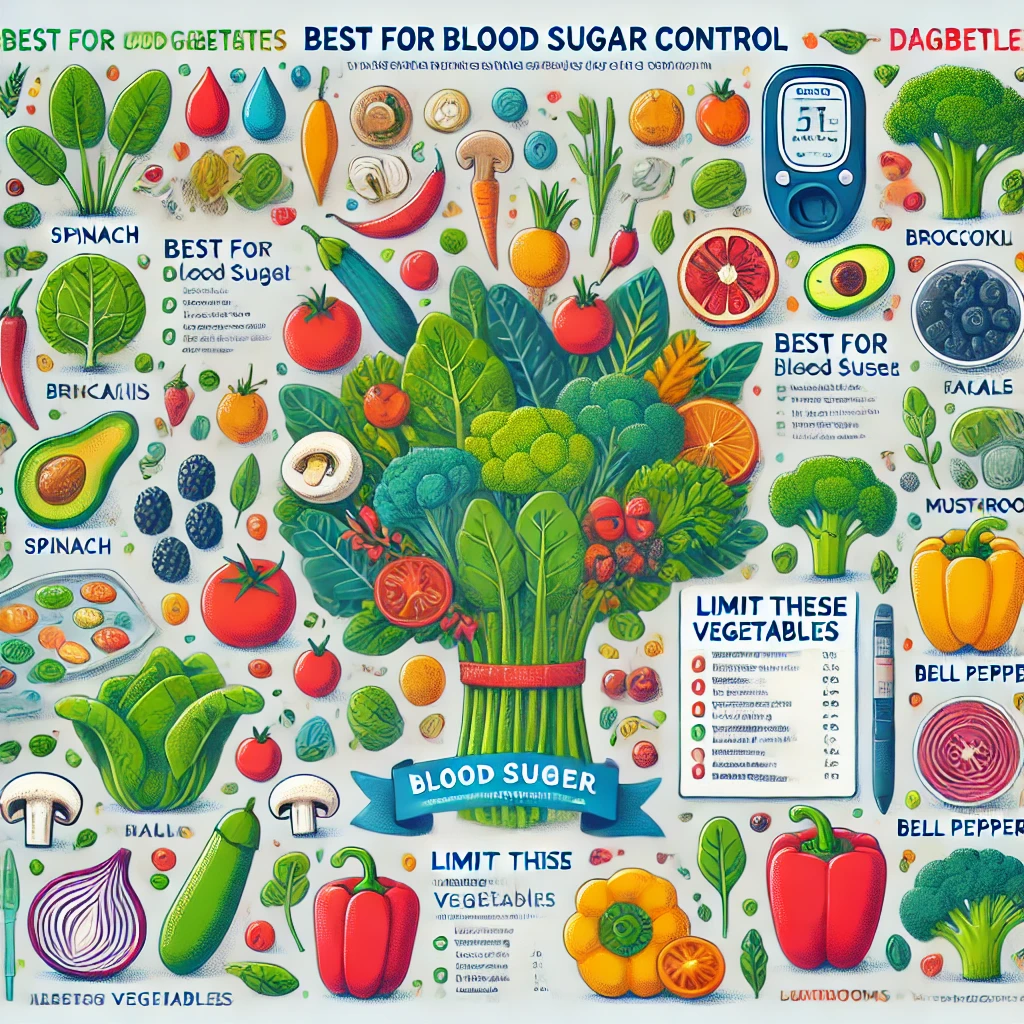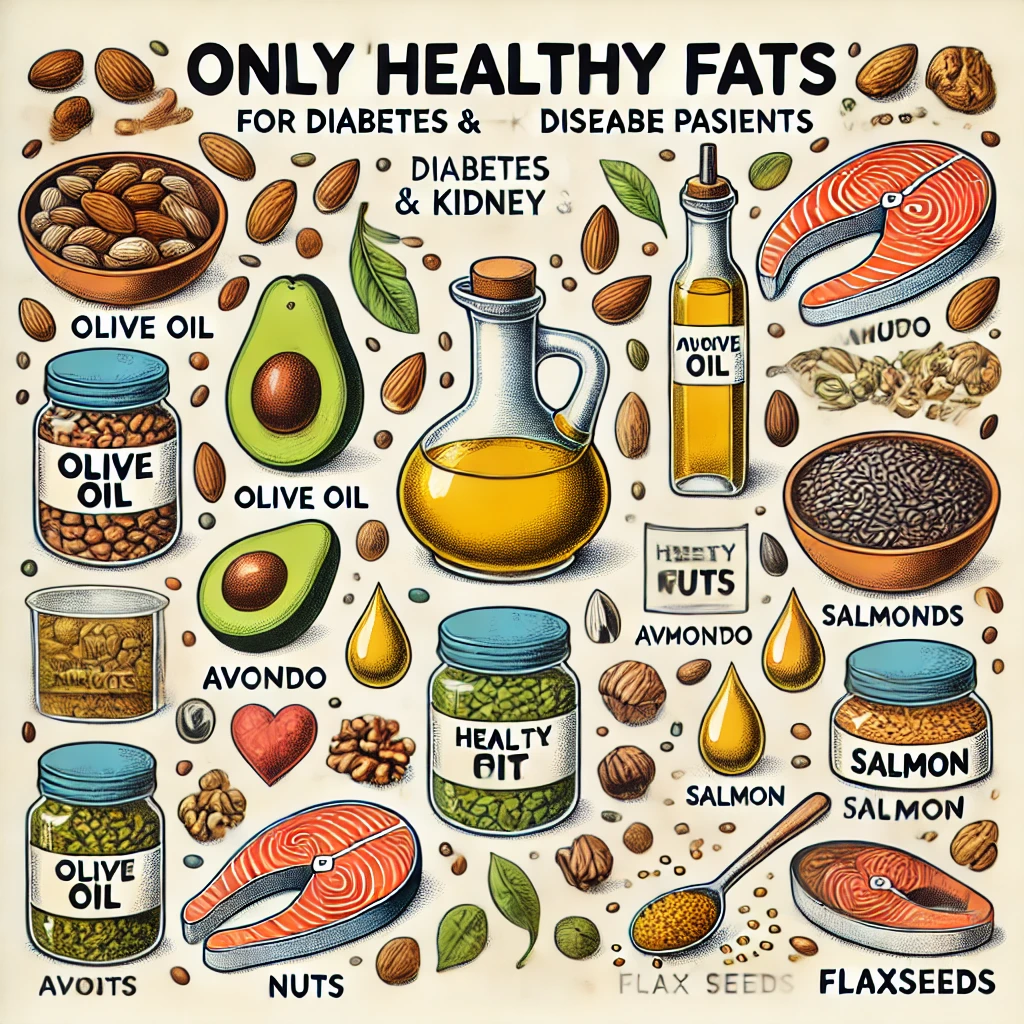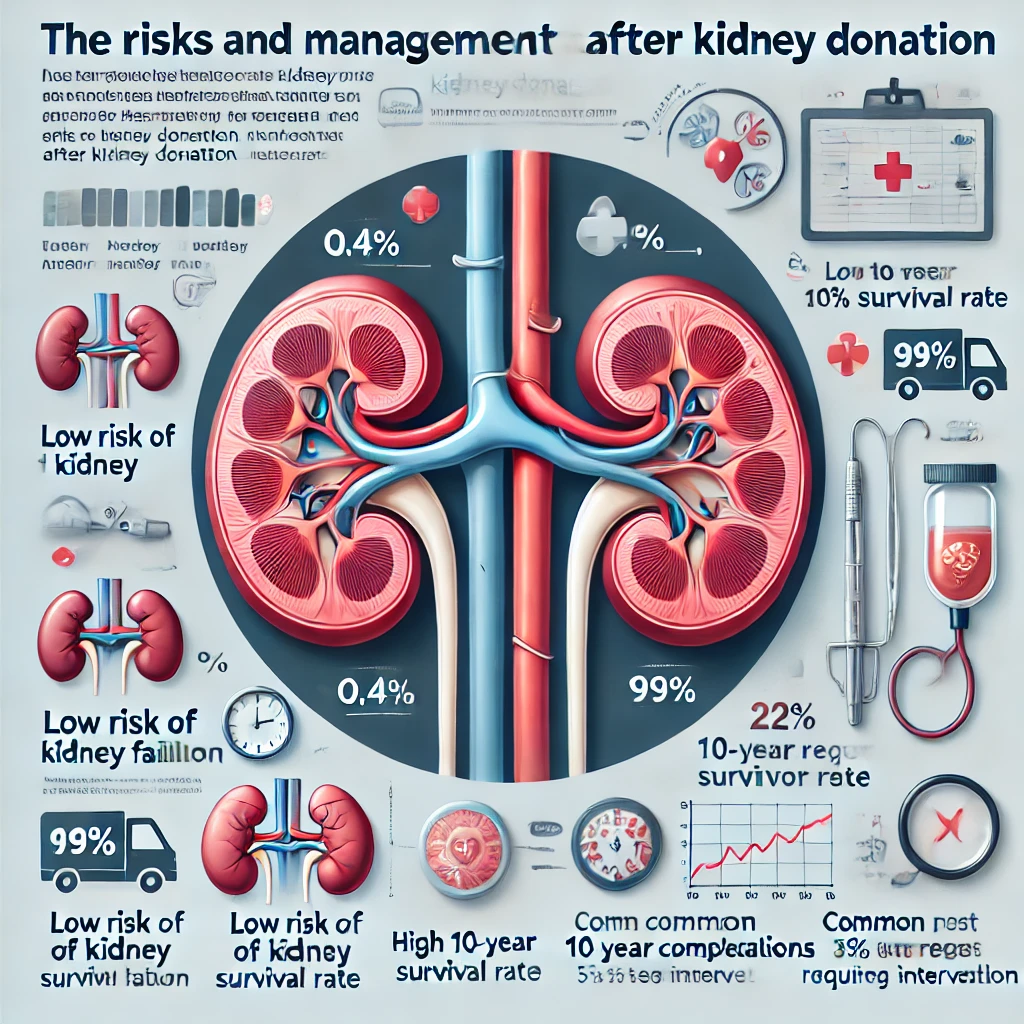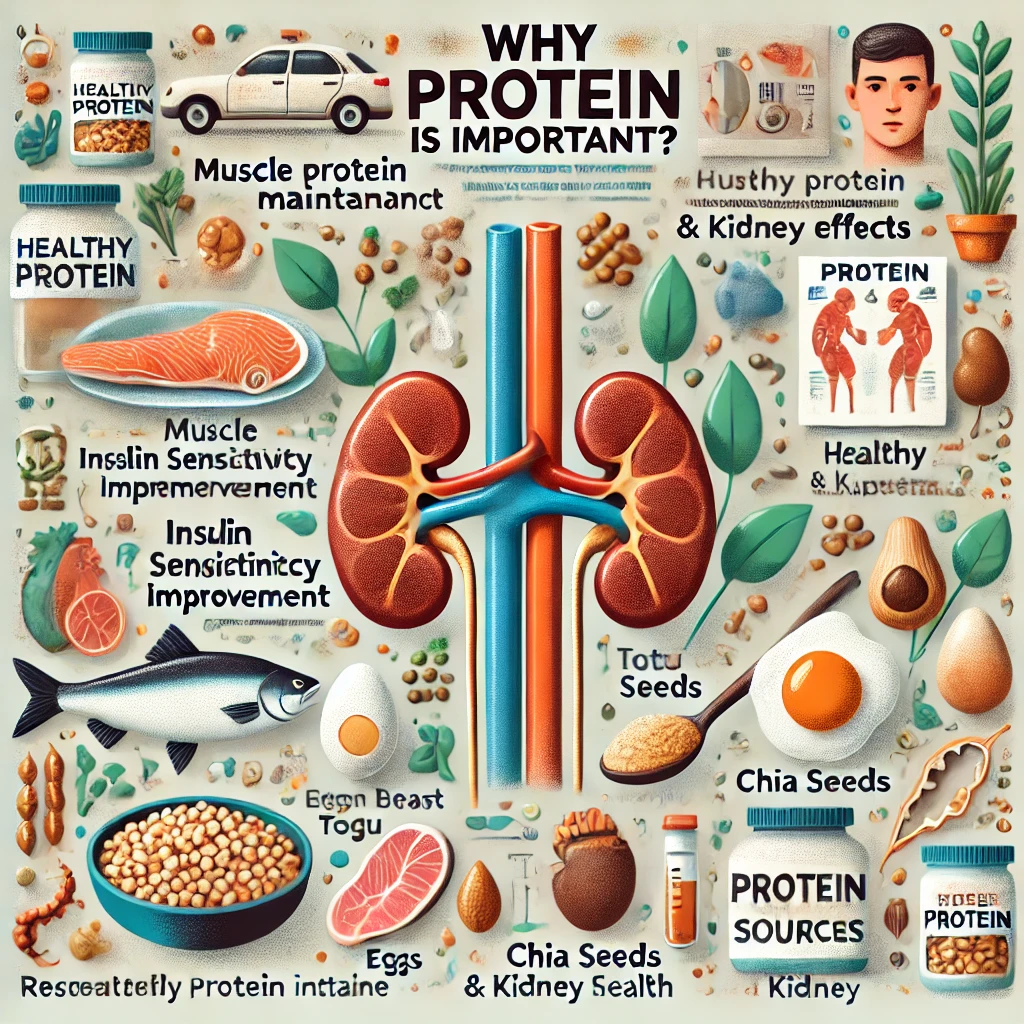Chronic Kidney Disease (CKD) and Anemia: The Relationship with Red Blood Cell Survival
1. The Relationship Between CKD and Anemia Patients with Chronic Kidney Disease (CKD) often experience anemia. When kidney function declines, factors such as decreased erythropoietin (EPO) production, iron metabolism abnormalities, and chronic inflammation lead to… Chronic Kidney Disease (CKD) and Anemia: The Relationship with Red Blood Cell Survival
